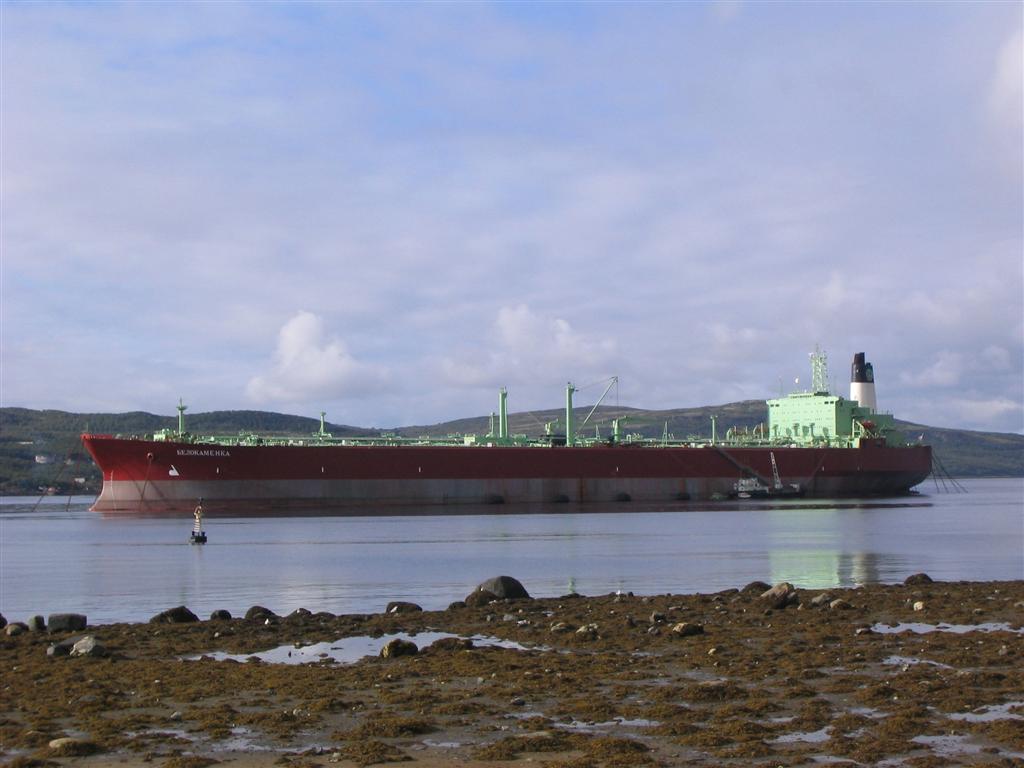|
3.32 CARGO DOCUMENTS
When the shore and ship figures have been agreed, the ship's tank
gauging records are signed and become part of the cargo records/ documents.
The petroleum inspection company will complete a detailed report of
the cargo measurements of both ship and shore at a later date, with
copies being sent to the cargo seller and shipper/ buyer. The report
will include his record of the vessel's activities in the port, so it
is wise to confirm agreement with the inspector regarding the times
and dates of events before he departs, particularly those events involving
delay occasioned by the shore terminal or the ship.
3.32.1 Bill of lading
The bill of lading (B/L), is the master's receipt given to the shore
terminal for the amount of cargo carried and a contract for the carriage
of the cargo. It must bear the name of the shipper (or consignor) and
the expected receiver (consignee), along with the name of the ship and
the owner(s). The master must verify that the bill of lading is correctly
drawn before signing it, then retain a required number of copies on
board, dispatching the other copies by the agent. Verify that the date
when the loading was completed is the date of the bill of lading, even
if the date has just changed when the final cargo loading takes place.
(This is important because cargoes are often sold en route with the
price based on the B/L date). The number and distribution of 'negotiable'
and 'non-negotiable' (or 'copy'), bills of lading will be indicated
by the cargo owners.
3.32.2 Certificate of quantity/quality and sample
receipt
The independent inspector or the shore terminal will present a certificate
of quantity and quality for the cargo, indicating the origin of the
cargo and the results of the cargo quality tests performed by the terminal
and witnessed by the independent inspector. Shore tank cargo samples
will be delivered to the chief officer along with a receipt for them.
These samples should be kept with the samples drawn from the ship's
tanks. One of the samples will be consigned to the purchaser (consignee)
of the cargo and must be delivered to his agent at the discharge port.
This sample should be retained by the chief officer in his office or
the ship's cargo office.
3.32.3 Early departure
If an 'early departure procedure' is necessary and a cargo discrepancy
exists, the master must send a protest letter by telex to the charterer,
copy to the owner.
Even if no discrepancy exists, the bill of lading must be filled out
completely, with the exception of the loading figure, before the master
signs it. If the agent sends a blank bill on board for master's signature,
it should be sent back (time permitting), or completed (except for cargo
quantity) and sent back. The master must never sign a blank bill of
lading.
After signature, the master should retain the ship and consignee's bills
of lading, in addition to all completed cargo documents. Other documents
should be returned to the Agents who, with the shipper, will complete
them after the vessel's departure.
If the ship's calculated loaded quantity is less than the bill of lading
figures, then request the Agents to insert the ship's figures, for quantity
loaded. If this is not accepted, owners are advised to approach their
P&I Club or charterers for guidance. If the vessel is chartered
to one of the major oil companies, then the charterer may guarantee
to compensate owner for any consequences of signing the bill of lading
when loaded figure is outside the normally accepted tolerance. Each
guarantee should be carefully examined and each case evaluated separately.
In some countries, the vessel will not be permitted to sail if any remarks
are made on the bill of lading. In this situation a 'clean' bill must
be returned and the master must notify the charterers and owners of
any discrepancies as soon as possible after sailing. Ensure that a copy
of the notification cable is attached to the vessel's cargo documentation.
Some major oil companies have their own instructions regarding when
a protest should be filed. If in doubt, contact the P&I Club representative
for guidance.
|

